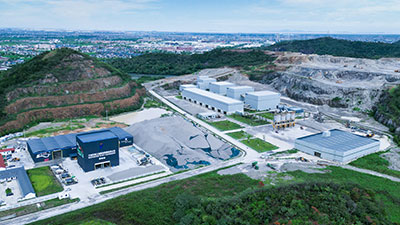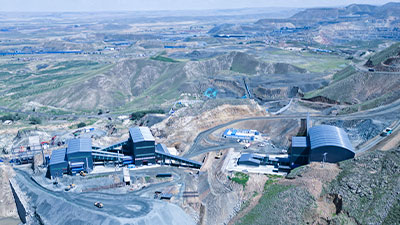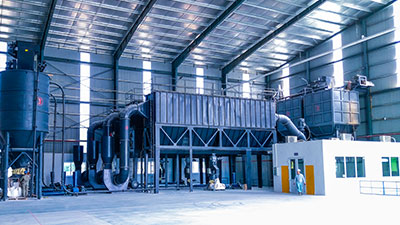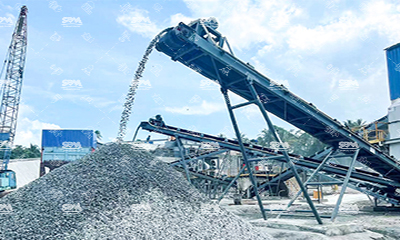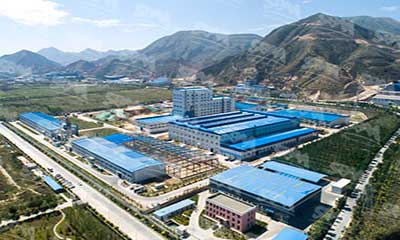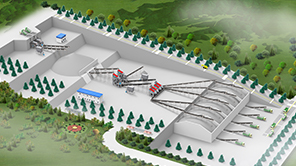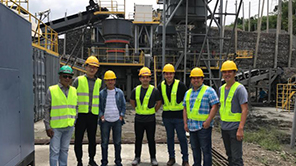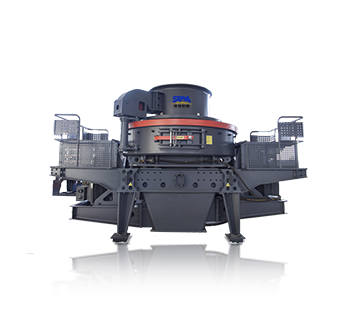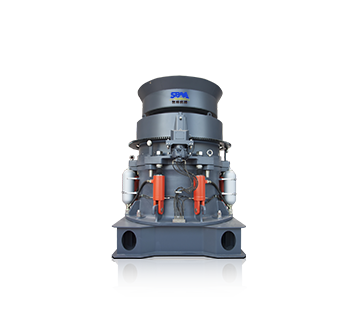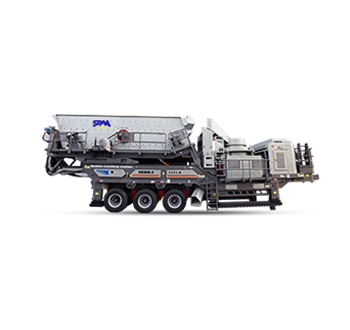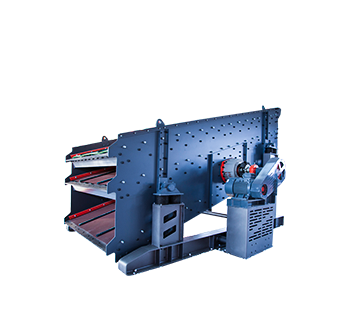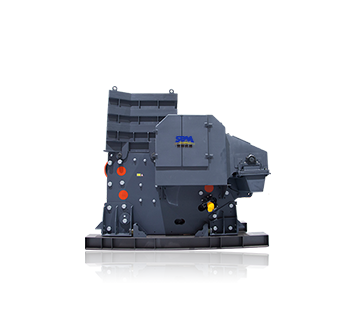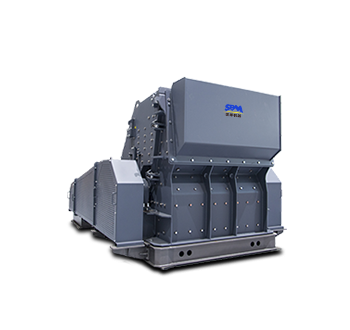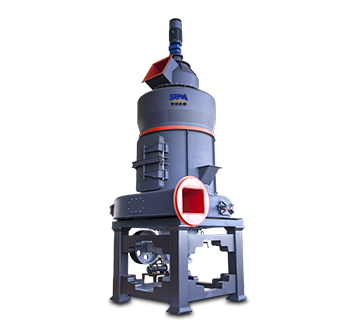Summary:This comprehensive guide covers essential maintenance and operation procedures to maximize productivity and uptime of mobile crusher.
Mobile crushers play a crucial role in various industries by efficiently crushing and processing materials on-site. To ensure their optimal performance and longevity, it is essential to follow proper maintenance and operational practices. In this guide, we will explore the key aspects of mobile crusher maintenance and operations, providing valuable insights to maximize productivity, minimize downtime, and enhance safety.

Pre-operation Checks
Before each shift, carefully inspect and prepare the mobile crusher:
- Check fluid levels (fuel, oil, water/antifreeze) and top up as required.
- Check tire pressure and tread condition. Inflate tires to specifications.
- Check all grease points and lubricate moving parts adequately.
- Check electrical systems, wiring and batteries. Tighten loose connections.
- Inspect safety equipment like fire extinguishers, first aid kit. Restock supplies.
- Test brakes, hydraulic and cooling systems for leaks or issues.
- Check wear parts and replace excessively worn components if needed.
- Perform engine warm up and run diagnostic tests before mobilizing.
Comprehensively preparing the mobile crusher avoids issues during operation and travel to/from site. Record pre-checks.
Post-shift Inspection and Maintenance
At the end of each shift, perform the following duties:
- Clean the equipment, remove trapped rocks or debris.
- Lubricate components, grease pins, joints and moving surfaces.
- Top up grease and oil levels, coolant/antifreeze if needed.
- Park and secure the crusher appropriately when not in use.
- Complete paperwork, checklists and report any issues encountered.
- Perform basic troubleshooting if faults occurred during operation.
Thorough cleaning and lubrication protects components from weathering during idle periods. Post-checks catch small issues before escalating.
Daily Maintenance
To maintain output and reliability, conduct these daily tasks:
- Check wear parts for excessive wear and replace promptly as needed.
- Inspect V-belts, hoses and hydraulic fittings for damage, chafing or leaks.
- Clean radiator and oil cooler cores without damaging fins/tubes.
- Check hydraulic fluid levels in tank, filters, valves and cylinders.
- Test safety systems like emergency stops, backup alarms.
- Review crusher operations logs, production metrics from prior shifts.
- Calibrate instruments, lubricate valves, services points as per manual.
Addressing minor issues immediately avoids costly repairs down the line.
Weekly Maintenance
The following tasks ensure smooth operations:
- Clean engine compartment, check equipment mounts, drain water traps.
- Check gearbox/transmission oil level, top up with specified lubricant as required.
- Grease sliding surfaces on belt-tensioners, rollers, bearings adequately.
- Tighten foundation and component bolts to specified torque settings.
- Check charge levels, electrolyte in batteries. Clean terminals.
- Clean radiators, reservoirs, breathe clean air through air filter element.
- Pressure test fire suppression system, check discharge nozzles are clear.
- Calibrate instruments using gauges, software updates if available.
Periodic inspections catch small problems before cascade failures occur.
Monthly Maintenance
Conduct thorough component services monthly:
- Remove guards, inspect internal crusher components for excessive wear.
- Check wear liners, blow bars, hammers, adjust or replace as required.
- Inspect main shaft assemblies, couplings, gearboxes for damage or cracks.
- Check cylinder pins, boom joints for lubrication, smooth movements.
- Check belts for stretched, cracked surfaces and replace if damage noticed.
- Test safety interlocks, load monitors, emergency stops under load.
- Overhaul hydraulic pumps, motors, valves per OEM service intervals.
- Perform scheduled lubricant sampling, analysis to detect contaminants.
Quarterly/Half-yearly Services
Proactively replacing parts extends crusher lifespan and uptime significantly. Schedule major overhauls as below:
- Hydraulic fluid, filter changes with microbiological testing.
- Gearbox oil, filter replacement and gear inspection program.
- Engine tune-up, replacement of fuel filters, air filters if applicable.
- Cooling system flush and refill with recommended coolant/antifreeze.
- Component re-assembly, bolting torque tests on major assemblies.
- Engine valve clearances adjustment and governor system overhaul.
- Overload protection system inspection and calibration.
- Structure inspection for cracks, damage, with repairs as required.
Annual Maintenance
Regular major services identify issues before failures occur unexpectedly. Schedule annually or as specified by manufacturer:
- Main hoses, hydraulic fittings replacement program.
- Engine service by authorized dealer, turbocharger overhaul.
- Fuel injection pump, injectors testing and cleaning program.
- Painting, rust protection of all exposed metal surfaces.
- Vehicle chassis NDT testing, underbody structure inspection.
- Electrical system overhaul, cable repairs as required.
- Emergency stop system relay testing under full load conditions.
- Lifting lugs, joints proof load testing for certification.
Spare Parts Management
Maintain appropriate inventory levels of critical spare parts:
- Wear parts like liners, blow bars, hammers, belts etc.
- Major components – gearboxes, pumps, motors, cylinders etc.
- Filters, seals, gaskets, hoses, coolants, lubricants.
- Electrical – starters, alternators, sensors, relays, fuses etc.
- Tools – service tools, lifting devices, testing equipment.
Proper maintenance and operational practices are essential for the efficient and safe operation of mobile crushers. Regular inspections, maintenance routines, adherence to operational procedures, training, and data monitoring all contribute to maximizing productivity, minimizing downtime, and ensuring worker safety. By following this maintenance and operational guide, industries can optimize their mobile crusher performance, extend equipment lifespan, and achieve successful material processing on-site.

